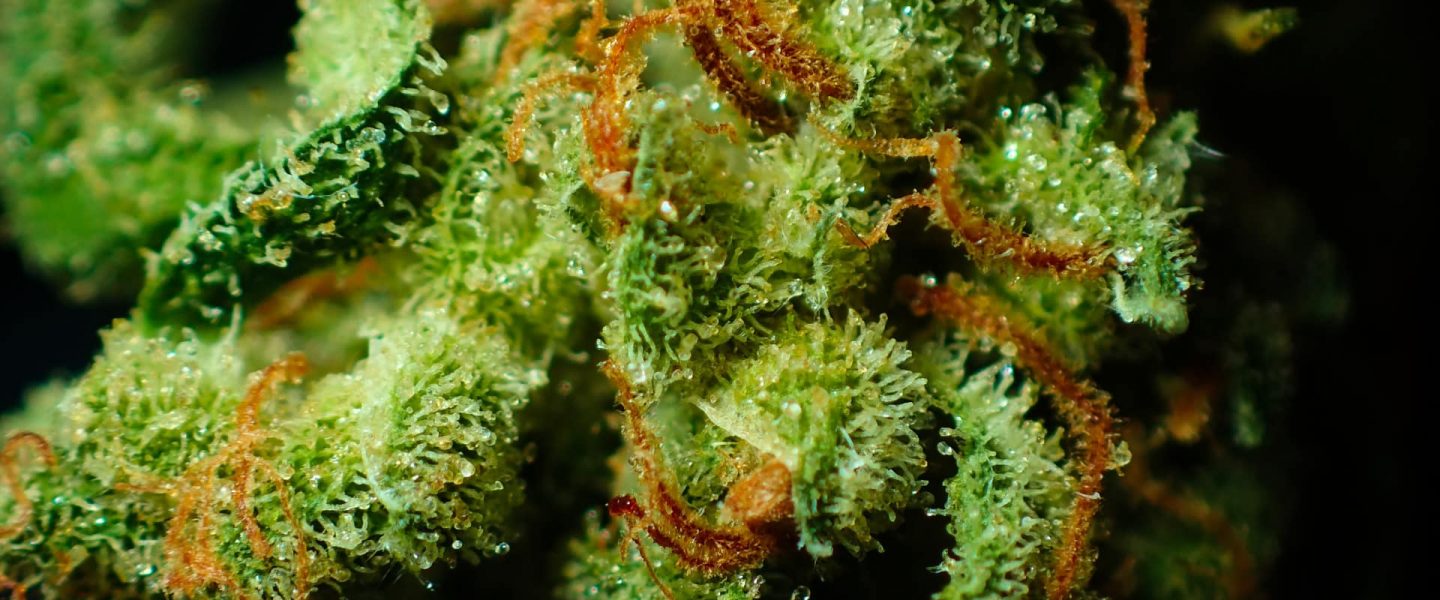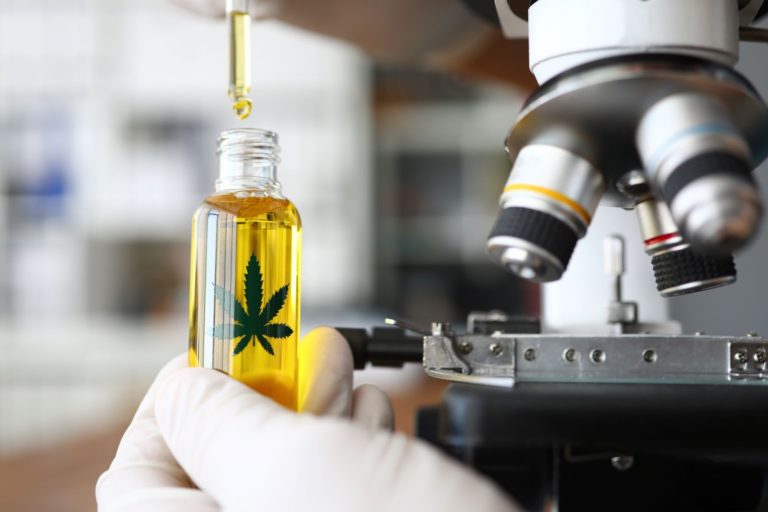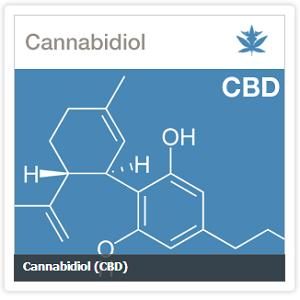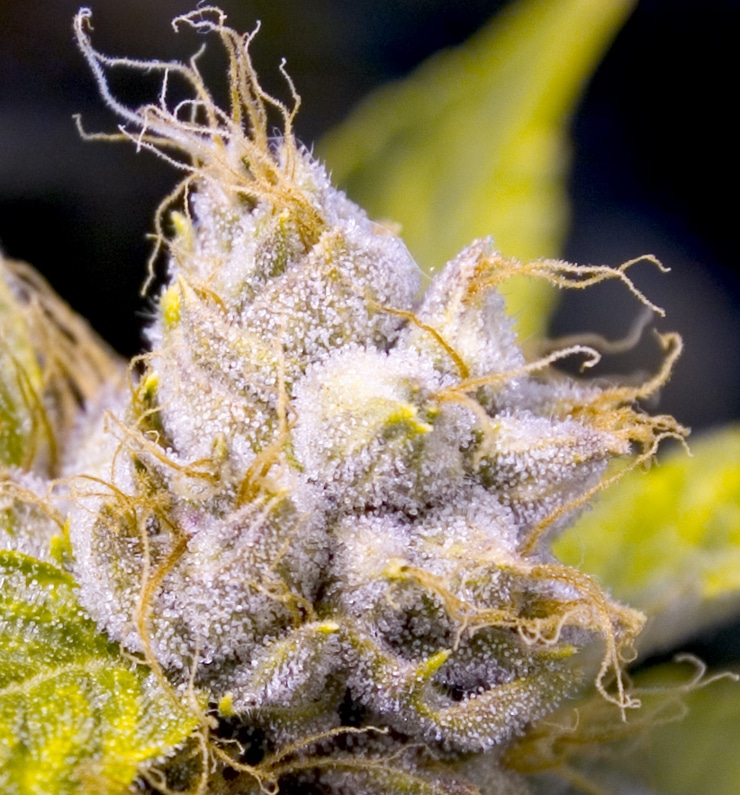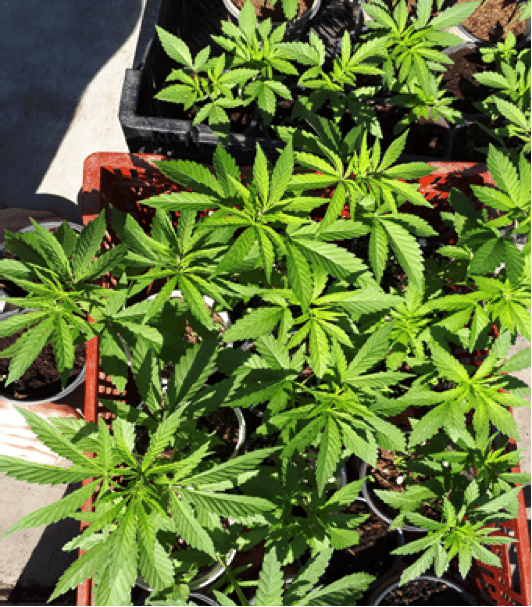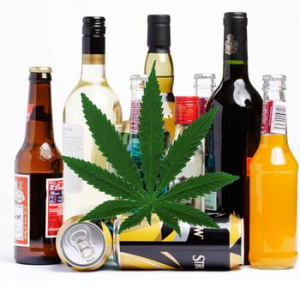 By Paul Armentano, NORML Deputy Director
By Paul Armentano, NORML Deputy Director
Cannabis-influenced driving performance is significantly different from alcohol-induced driving behavior, according to driving simulator data published in the Journal of Applied Toxicology.
Investigators with the National Institute on Drug Abuse and the University of Iowa evaluated simulated driving performance in subjects following their consumption of vaporized cannabis, alcohol, or placebo.
Researchers reported that cannabis administration was associated compensatory driving behavior, such as decreased mean speed and increased mean following distance, whereas alcohol administration was associated with faster driving. Their findings are similar to those of other driving studies, like those here and here.
Investigators also reported that cannabis dosing in combination with low quantities of alcohol “mitigated drivers’ tendency to drive faster with alcohol” – a finding that contrasts with prior data acknowledging that the two substances combined typically possess an additive adverse effect on psychomotor performance.
“THC concentration-dependent associations with decreased speed, increased time below the speed limit and increased following distance suggest possible awareness by drivers of potential impairment and attempts to compensate,” authors concluded. “The compensatory behavior exhibited by cannabis-influenced drivers distinctly contrasts with an alcohol-induced higher risk behavior, evidenced by greater percent speed.”
According to the findings of a recently published literature review of crash culpability studies, “[A]cute cannabis intoxication is related to a statistically significant risk increase of low to moderate magnitude [odds ratio between 1.2 and 1.4].” By contrast, a 2015 case-control study by the US National Highway Traffic Safety Administration reported that driving with legal amounts of booze in one’s system is associated with a nearly four-fold increased crash risk (odds ratio = 3.93).
An abstract of the study, “Cannabis effects on driving longitudinal control with and without alcohol,” appears online here.
Source: NORML - make a donation


